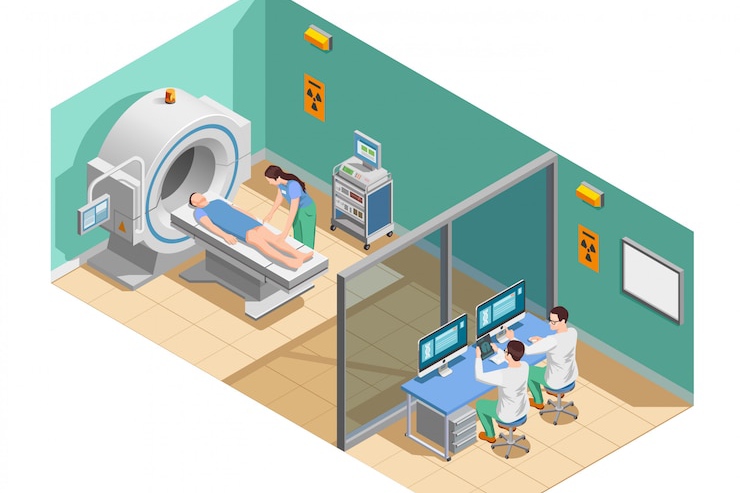
Introduction:
Welcome to our blog post dedicated to understanding kidney health and the crucial treatment option known as dialysis. In this article, we’ll explore the fundamentals of kidney function, common kidney conditions, the role of dialysis in managing kidney failure, and available treatment options. Whether you’re seeking information for yourself or supporting a loved one facing kidney-related challenges, this guide aims to provide valuable insights into kidney health and dialysis.
Kidney Health:
The kidneys play a vital role in maintaining overall health by filtering waste products and excess fluids from the bloodstream, regulating electrolyte levels, and producing hormones that help control blood pressure and red blood cell production. However, various factors such as dehydration, high blood pressure, diabetes, and certain medical conditions can affect kidney function and lead to kidney disease.
Common Kidney Conditions:
Kidney disease encompasses a range of conditions that affect the kidneys’ ability to function properly. Common kidney conditions include:
- - Chronic kidney disease (CKD)
- - Acute kidney injury (AKI)
- - Kidney stones
- - Polycystic kidney disease (PKD)
- - Glomerulonephritis
- - Kidney infections (pyelonephritis)
Dialysis:
Dialysis is a life-saving treatment option for individuals with kidney failure, also known as end-stage renal disease (ESRD) or acute kidney injury (AKI). When the kidneys are no longer able to effectively filter waste products and excess fluids from the blood, dialysis serves as a substitute for this essential function, helping to maintain the body’s overall balance of fluids and electrolytes.
Types of Dialysis:
There are two primary types of dialysis:
- Hemodialysis: During hemodialysis, blood is pumped out of the body through a dialysis machine, where it is filtered through a special membrane to remove waste products and excess fluid. The cleaned blood is then returned to the body.
- Peritoneal Dialysis: Peritoneal dialysis involves using the lining of the abdominal cavity (peritoneum) as a natural filter. A dialysis solution is introduced into the abdominal cavity through a catheter, where it absorbs waste products and excess fluid before being drained out.
Treatment Options:
In addition to dialysis, kidney transplantation is another treatment option for individuals with kidney failure. A kidney transplant involves surgically placing a healthy kidney from a donor into the recipient’s body, providing them with a new lease on life free from dialysis.
Conclusion:
Understanding kidney health and the role of dialysis is essential for managing kidney-related conditions and maintaining overall well-being. At [Hospital Name], we are committed to providing comprehensive care and support for individuals with kidney disease, offering state-of-the-art dialysis services, transplantation, and expert medical guidance. If you or a loved one requires kidney-related care or would like to learn more about our services, please contact us for assistance.



